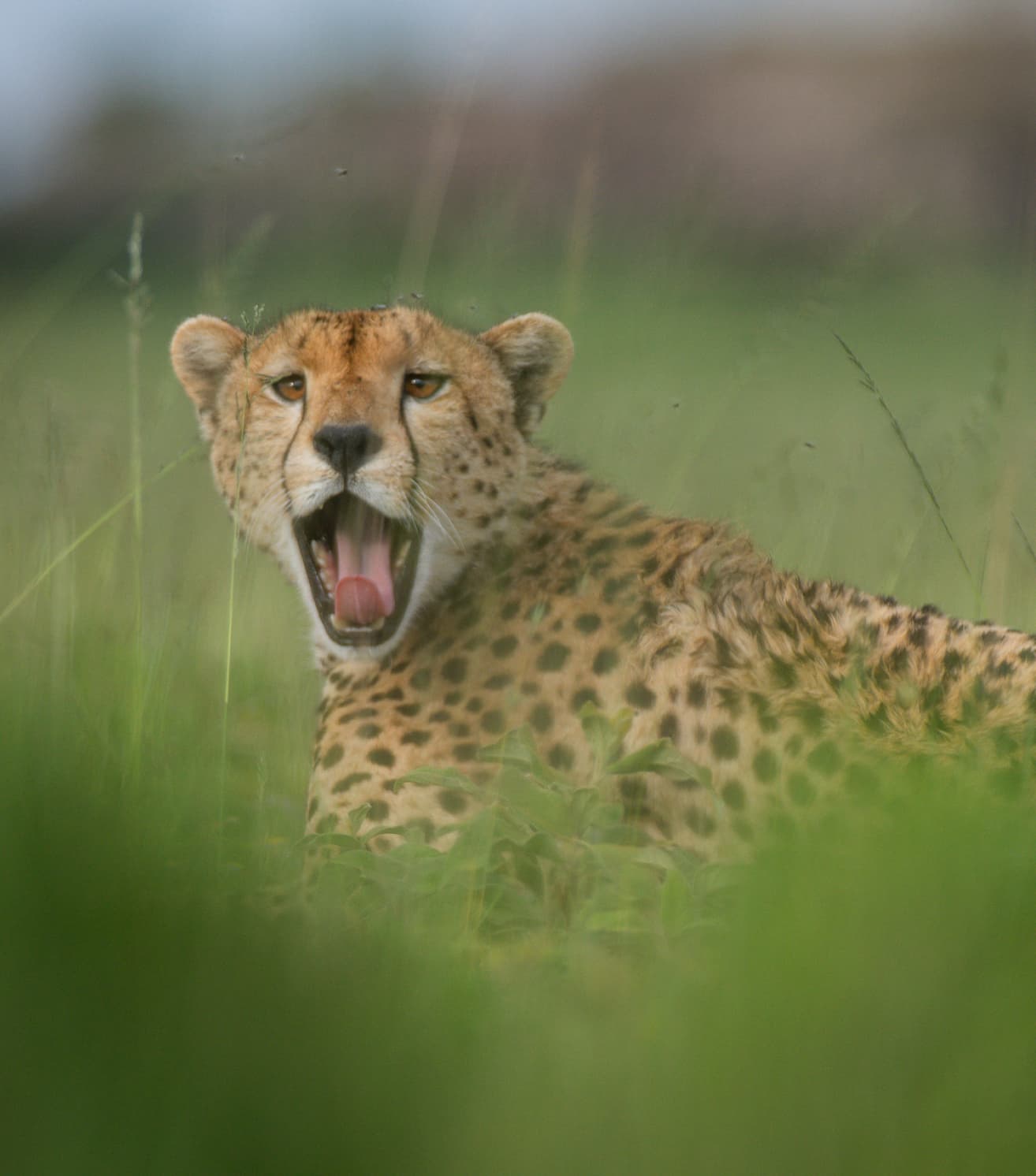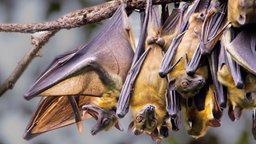IN DEFENCE OF BATS: MISUNDERSTOOD MAMMALS
It isn’t really fair to blame bats for zoonosis. Doing so would be like blaming gorillas for malaria, or cows for measles. In reality, most of the diseases that have jumped from bats to humans have actually passed through another host along the way. Yet bats often get the reputation of being dangerous disease carriers, when the bigger truth is that they are some of the most fascinating and ecologically important animals on Earth.
Bats are far more common than most people realise. In fact, they make up about 20% of all mammalian species. They come in a wide range of shapes and sizes, from the tiny bumblebee bat, no bigger than a thumb, to the enormous flying foxes with wingspans over a meter and a half. All bats are nocturnal, and this lifestyle has shaped their incredible adaptations.
Bats are also extraordinary when it comes to biology. Despite being similar in size to rodents, which usually live only a few years, bats can live for thirty to forty years. Their longevity may be linked to their immune systems, which are highly efficient at blocking viruses before they enter cells. Bats are also able to suppress inflammation, an ability that protects them from the damage usually caused by viral infections. On top of this, bats seem to rely much less on gut bacteria than most mammals, possibly because their high body temperatures during flight make it harder for bacteria to thrive.
And if all of that weren’t impressive enough, bats are also record-breaking fliers. The Brazilian free-tailed bat holds the title for the fastest horizontal flight of any animal, reaching speeds of up to 160km per hour. That outpaces even the Swift, the fastest bird in level flight. Only the peregrine falcon can beat that speed, but only during a dive.
Taken together, all of these qualities show just how remarkable bats really are. They are not villains to be feared but allies in keeping ecosystems balanced and healthy. Without them, insect populations would surge, plants would lose key pollinators, and forests would struggle to regenerate. So instead of seeing bats as a threat, it’s worth remembering that they are among nature’s most efficient, adaptable, and vital creatures, more deserving of admiration than suspicion.







